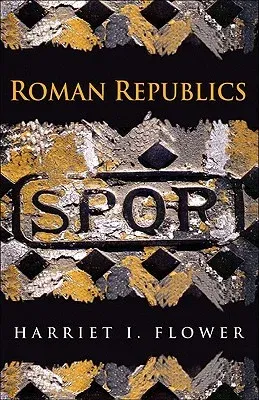From the Renaissance to today, the idea that the Roman Republic lasted
more than 450 years--persisting unbroken from the late sixth century to
the mid-first century BC--has profoundly shaped how Roman history is
understood, how the ultimate failure of Roman republicanism is
explained, and how republicanism itself is defined. In Roman
Republics, Harriet Flower argues for a completely new interpretation of
republican chronology. Radically challenging the traditional picture of
a single monolithic republic, she argues that there were multiple
republics, each with its own clearly distinguishable strengths and
weaknesses. While classicists have long recognized that the Roman
Republic changed and evolved over time, Flower is the first to mount a
serious argument against the idea of republican continuity that has been
fundamental to modern historical study. By showing that the Romans
created a series of republics, she reveals that there was much more
change--and much less continuity--over the republican period than has
previously been assumed. In clear and elegant prose, Roman Republics
provides not only a reevaluation of one of the most important periods in
western history but also a brief yet nuanced survey of Roman political
life from archaic times to the end of the republican era.

